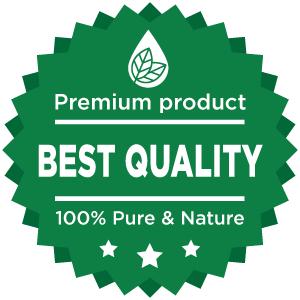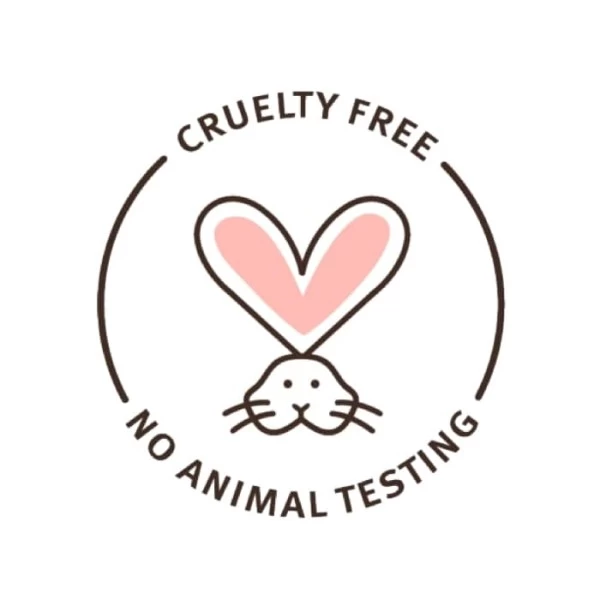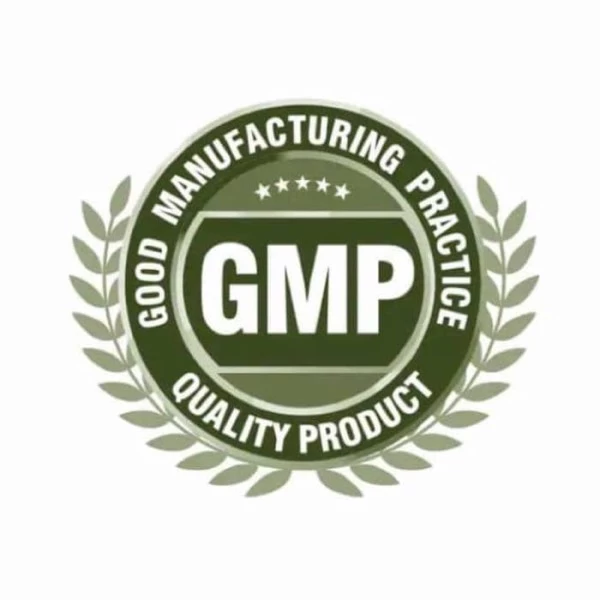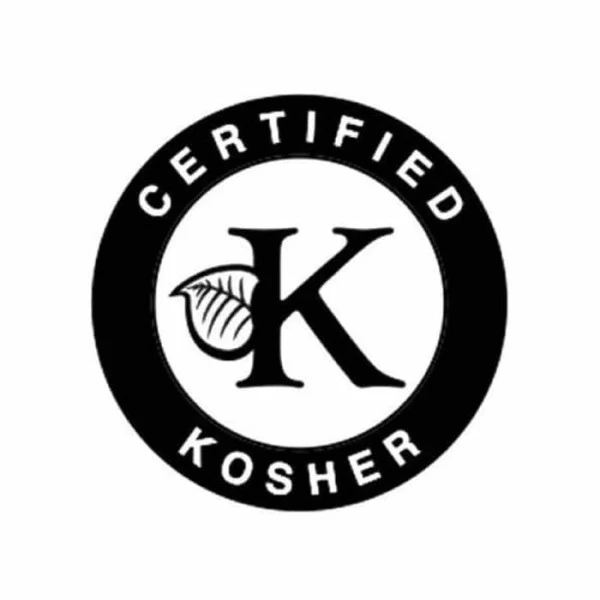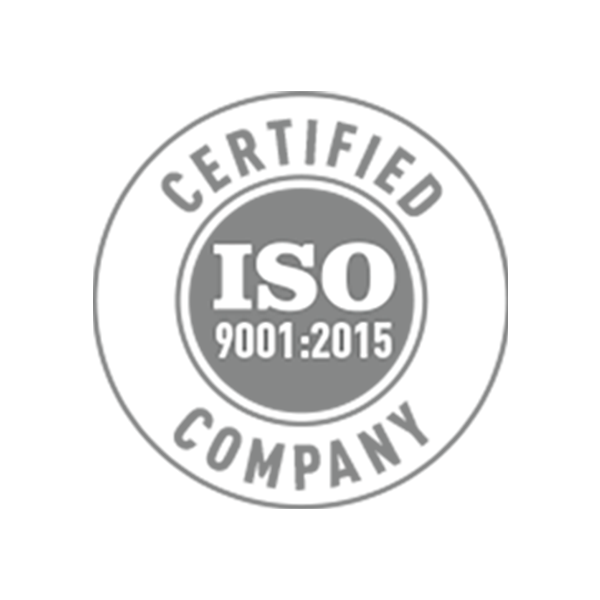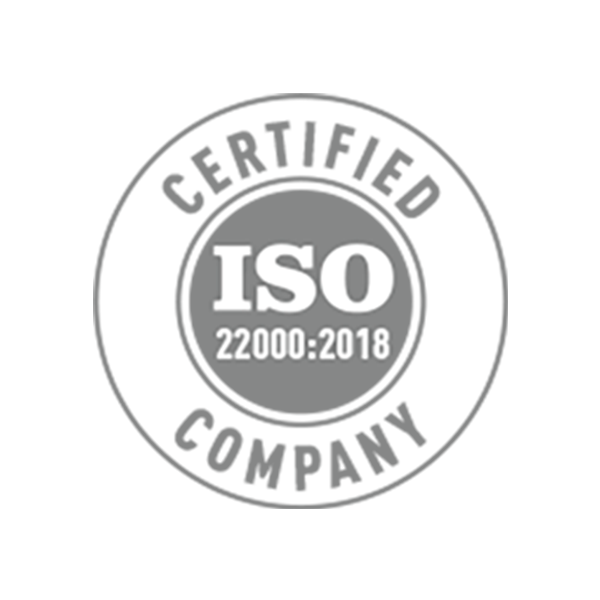Herbal oils are products that have become popular today and really make a great contribution to human life with their benefits. There are some situations in which it is necessary for these oils to be carefully produced and for their natural structure to remain intact, but how will we understand? Let's take a look if you want:
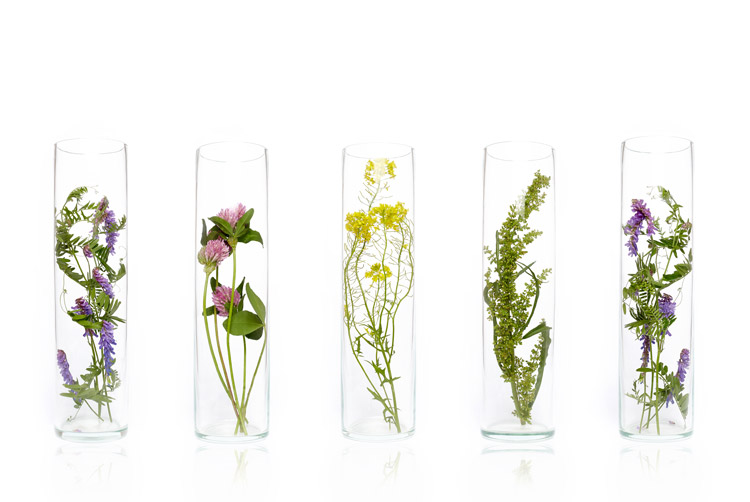
1) Production Method:
One of the most important points where we can understand the quality of vegetable oils is to look at the production methods. The cold pressing method is one of the best production methods for vegetable oils. In this method, herbal oils are obtained at low temperature under high pressure. This method preserves the natural taste, smell and nutrients of the oil. Also, cold-pressed oils are more nutritious because they are less processed.
The hot pressing method is similar to the cold pressing method, but high temperature is used. This method is used to get more oil, but high temperature can reduce the natural taste, smell and nutrients of the oil.
Solvent extraction is the extraction of vegetable oils using a solvent. This method is used to produce oil in high quantities, but solvents can reduce the quality of the oil and carry health risks.
The last method is the refining of oils. Oils are produced by solvent extraction method and then refined by a series of processes. These processes make the oil cleaner and have a longer shelf life, but can reduce the natural taste, smell and nutrients of the oil.
In general, the cold pressing method is the best production method for herbal oils. This method increases the nutritional value by preserving the natural properties of the oil and offers a healthy option. However, solvent extraction or refined methods can be used for a longer shelf life. The production methods of oils also vary according to their shelf life.
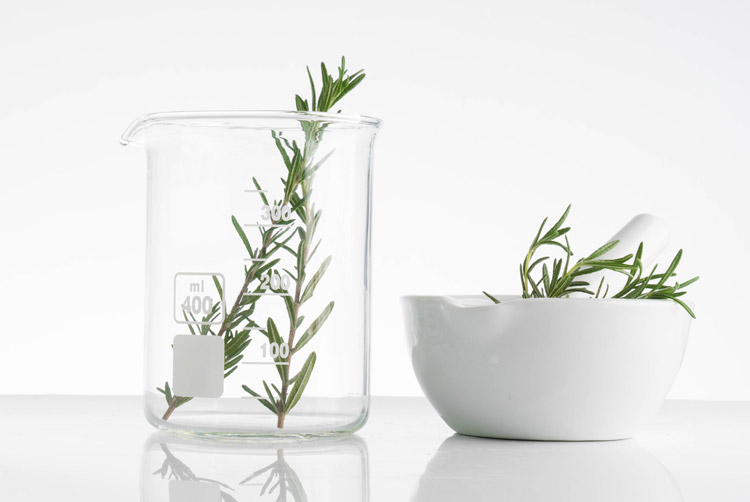
2) Shelf Life:
It is possible to say that a herbal oil with a long shelf life is made in accordance with quality standards. However, there are factors other than this. Oxidation resistance of oils is the most important factor determining shelf life. Herbal oils are oxidized when they come into contact with oxygen and begin to deteriorate. Therefore, oils with high oxidation resistance have a longer shelf life. In addition, the storage conditions of vegetable oils also affect their shelf life. Herbal oils should be protected from light, heat and humidity, and their contact with air should also be prevented. Therefore, herbal oils should be stored in a cool, dry place in a closed container.
Apart from all these factors, some herbal oils are more resistant than others. For example, coconut oil is highly resistant to oxidation and has a long shelf life. Other oils, for example flaxseed oil or nut oil, tend to oxidize faster.
3) Color and Smell:
Quality herbal oils are usually expected to be clear and light in color. The color of the oil may vary depending on the production method and the type of oil. For example, olive oil may be yellowish-greenish in color, while sunflower oil may be yellow in color. However, the presence of dark colored particles or precipitates in any herbal oil may indicate that the quality of the oil has deteriorated.
However, high-quality vegetable oils have a pleasant smell. It may vary depending on the type of oil and the method of production, but if there is a bad smell, a bitter taste or a bad smell in any herbal oil, the quality of the oil may be impaired. The flavor of oils is usually pleasant and light. The presence of a sour or bitter taste in the taste of the oil indicates that the quality of the oil has deteriorated.
In addition, herbal oils have a smoke point. This point determines how high temperatures the oil can withstand. High-quality herbal oils have a high smoke point and do not deteriorate when cooked at high heat.
4) Label Information:
One of the ways to understand the quality of the oil is to look at the label information. The label information of an oil should include:
- Type of Oil: The label should indicate the type of oil. For example, lavandin oil , grapefruit oil , calendula oil , raspberry oil , melissa oil .
- Ingredients: The label should list the ingredients of the oil in detail. Ingredients are usually sorted from the largest amounts to the smallest amounts. A good herbal oil should consist only of the essence of the corresponding plant.
- Production Method: The label should indicate how the oil is produced. This can be different methods, such as cold pressing method, solvent extraction, refined or unrefined. The cold pressing method produces better quality oils and is preferred.
- Origin: The label should indicate where the oil is produced. Oils produced in some countries may be of higher quality, and this information is a feature that consumers prefer when choosing a product.
- Shelf life: The label should indicate the shelf life of the oil. This determines how long the oil can stay fresh.
- Date: The label should indicate the date of production of the oil. This is important to determine how long ago the oil was produced and its freshness.
- Storage Conditions: The label should indicate how the oil should be stored. Usually, herbal oils should be stored in a cool, dry place, away from light and heat.
This information gives consumers a healthy idea about the quality of a vegetable oil. By carefully reading the label, consumers can determine which oils are of higher quality and safer.
5) Certificates:
The certificates that a quality herbal oil should have are very important in terms of certifying the quality control and sustainability standards applied during the production phase. We can list the required certificates as follows:
- Organic Certificates: Organic certificates guarantee that herbal oil is produced organically and does not contain chemical fertilizers, pesticides, synthetic drugs and GMOs. These certifications include leading organic certifications such as USDA Organic, ECOCERT Organic, and Soil Association Organic Dec.
- Non-GMO Certificates: Non-GMO certificates guarantee that vegetable oil does not contain genetically modified organisms (GMOs). These certificates include Non-GMO Project Verified and EU Organic Farming Decertification certificates.
- Cruelty-free Certificate: This is a certificate confirming that the products have not been tested on animals and that no harmful actions have been performed for animals. This certificate indicates that a herbal oil is animal-friendly and that the manufacturer respects animal rights. Cruelty-free certification can be an important indicator for the quality and reliability of a certified herbal oil, as it shows that a herbal oil does not contain chemicals harmful to humans and animals. However, the fact that a quality herbal oil also has a cruelty-free certificate along with other certificates will provide a more comprehensive information about the quality of herbal oil.
- GMP (Good Manufacturing Practices) Certificate: It is a certificate that determines the quality management system standards in production processes in pharmaceutical, food, cosmetics and other industries. The GMP certificate provides information about the quality of raw materials used in the production of herbal oil, processing methods, the quality of equipment used in production, personnel training, hygienic conditions of the facility, quality control and other controls carried out during the production process. This information forms a direct indicator about the quality of a vegetable oil.
- FDA Certificate: It is a document issued by the US Food and Drug Administration (Food and Drug Administration). This certificate indicates that a herbal oil has been approved by the FDA to be sold in the United States.The FDA is responsible for ensuring that foods, medicines, cosmetics, and other consumer products sold throughout the United States are safe and appropriate for human health. FDA certification indicates that a herbal oil meets FDA standards and is suitable for human health.The FDA also pays attention to the production and labeling standards of herbal oils. These standards require that the substances contained in herbal oils and the information contained on their labels be accurate and honest. In addition, the FDA conducts periodic inspections to ensure that the facilities used in the production of vegetable oils are hygienic and safe.
- ISO-22716 Certificate: It is an international certificate that determines the standard of Good Manufacturing Practices (GMP) in the production of cosmetics. This certificate guarantees the quality and reliability of the facilities, equipment and processes used in the production of vegetable oils. This means that the appropriate conditions are provided for the correct processing and storage of herbal oils. As a result of this situation, it ensures that herbal oils are of high quality, safe and effective when used in cosmetic products. In addition, this certificate also takes into account environmental factors and health and safety issues in the production of herbal oils. This ensures that the negative effects on the production of herbal oils are minimized and the principles of sustainability and environmental responsibility are applied in the production of cosmetics. For all these reasons, the use of an ISO 22716 certified plant in the production of vegetable oils is important for the quality, reliability and sustainability of herbal oils.
- ISO-9001 Certificate: It is an international quality management system standard. Compliance with this standard helps an organization to increase customer satisfaction, improve business processes and manage them more effectively. ISO 9001 certification is sought in many industries, including the production of vegetable oils.
- ISO-22000 Certification: It is the food safety management system standard and helps an organization to establish and operate food safety management systems. Herbal oils are an important component in the food production and processing industries.
